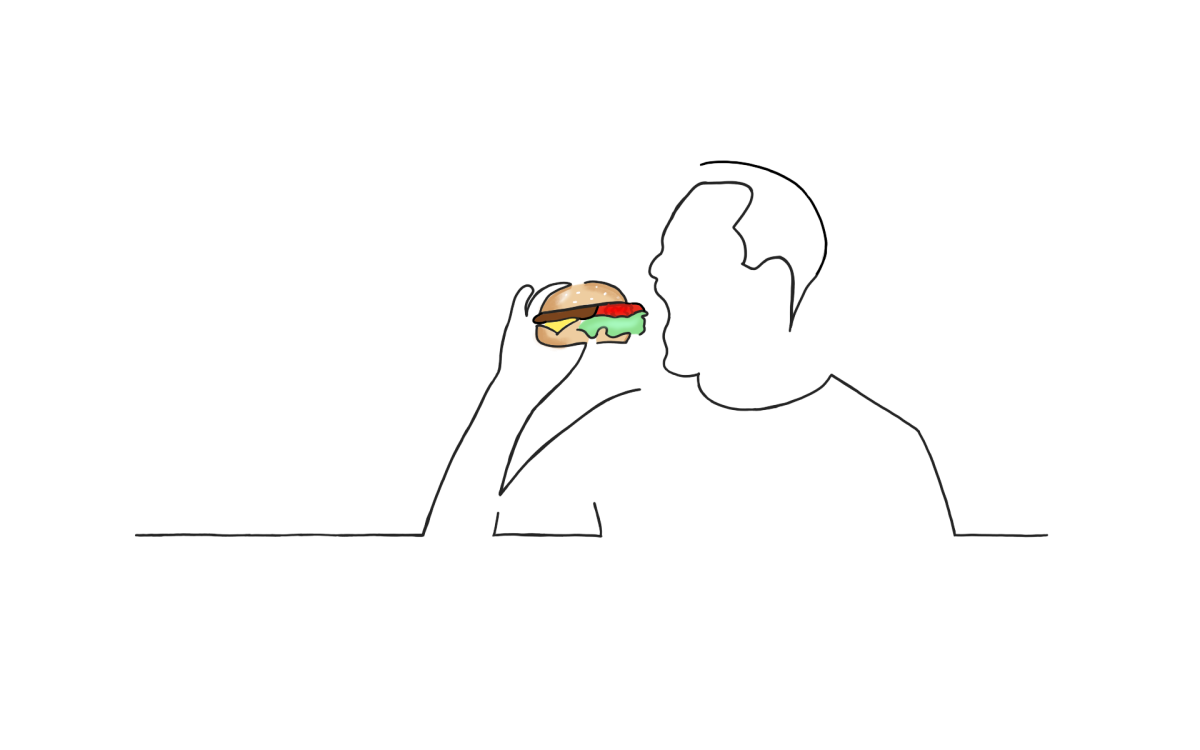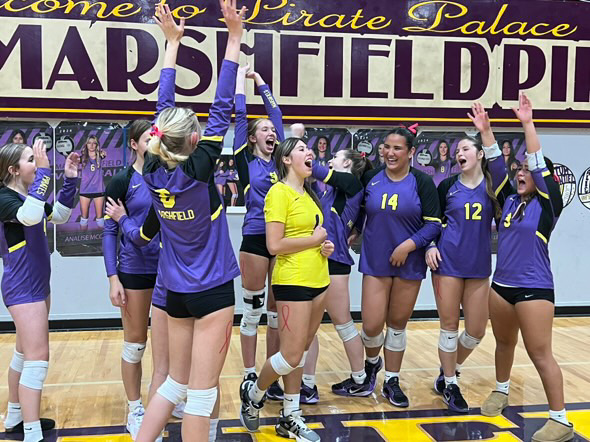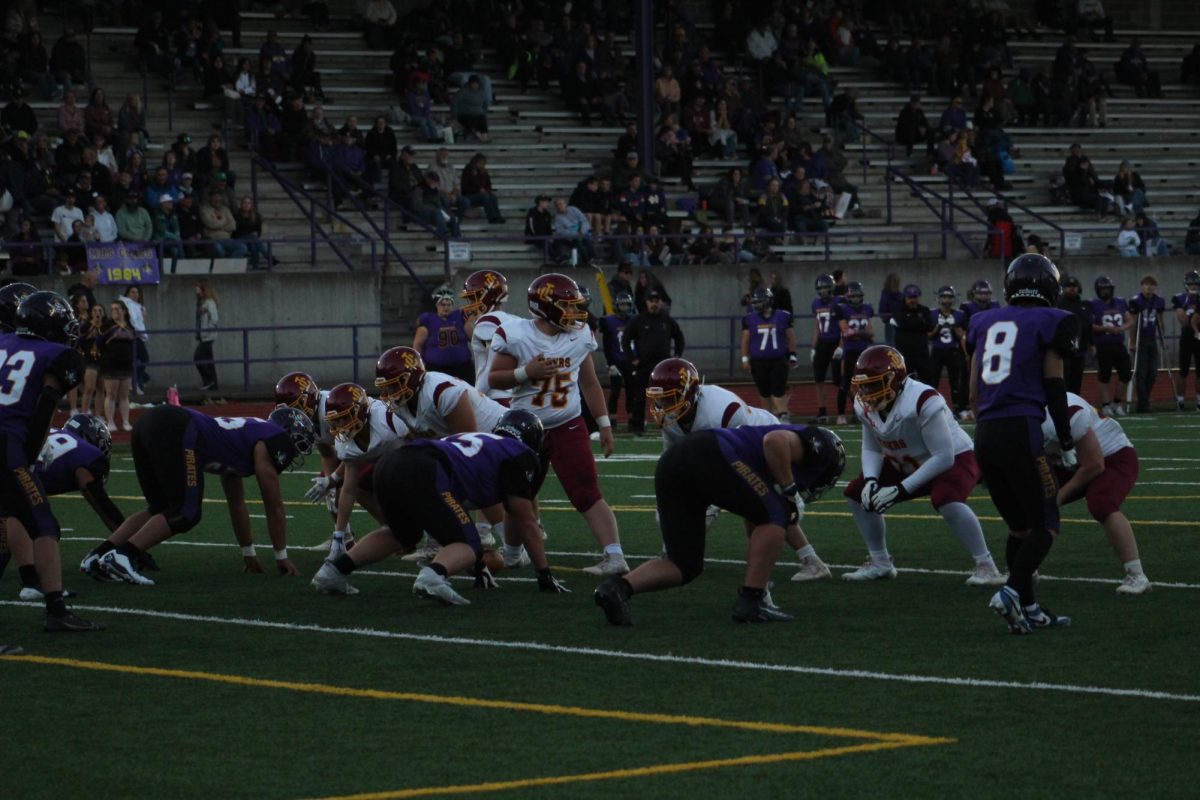They are the “Nerdfighters,” “Whovians,” “Sherlockians” and “Hunters,” among others. They will be the ones writing fan fiction, attending Comic Con, sporting their fandom merchandise and cheering on their One True Pairings from the sidelines.
The word “fandom” derives from a combination of the words “fan” and “kingdom.” A fandom is the wide fan base behind nearly every television show or book. Some refer to themselves with labels such as “Nerdfighters” for fans of the acclaimed author John Green or “Whovians,” fans of the well-known British television series “Doctor Who.”
Typically, fandoms would never be compared to athletics, simply because the contrasts appear enormous. Differences between sports and fandoms are vast, however, after taking a step back and visualizing the larger image, the basic concept is shockingly similar.
Everyone who attends an athletic event acts as the fan base supporting the sport. Referring to team mascots with a given label, such as the Marshfield Pirates, is similar to members of a fandom creating a universal name to call themselves. Each group attends large gatherings such as the Super Bowl or Comic Con, sports fans decorate their faces with paint and cheer alongside the mascot while fandoms cosplay as their favorite character. Athletes may purchase items to help them improve in their sport while members of fandoms collect memorabilia to support and promote their fandom.
Society has generated a system devised in every high school across the nation. It is visualized in movies and books, essentially any form media can take. This system gives labels to those who may not want the label simply because their interests differ from others. This view can be taken from a talented athlete or dedicated fan, and it is where the division typically lies. Whether or not the individuals are specifically named, an obvious separation remains. Common views tend to label “nerds” and “jocks” as being stereotypical opposites in the social food chain.
Everyone has their own interests and whether their passion lies with fandoms or athletics, it is entirely their decision and should not be altered by the point of view of others. Yet, fandoms traditionally fall under the stereotype of “nerds” and perhaps dressing up as a favorite character or collecting fandom memorabilia is avoided by most, due to the ranks in social standings.
After taking a step back and gathering a wider view of the situation, sports and fandoms may lie on opposite sides of the spectrum, but their differences are not as distant. This does not go to say every athlete should write fan fiction or every individual in a fandom should join a sport, but rather simply acknowledge that the lines dividing sports and fandoms may be finer than previously thought.























